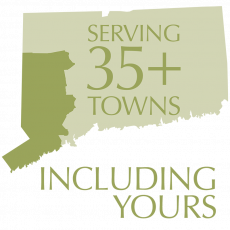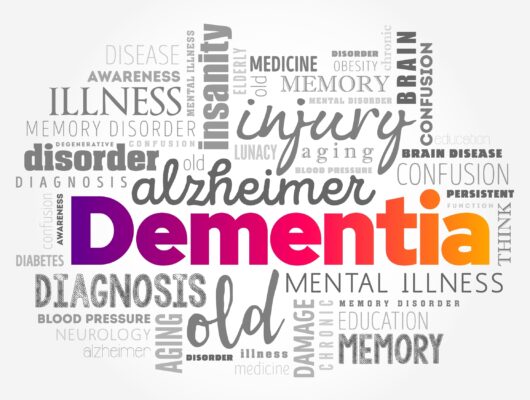February is American Heart Month, and we’ll use this opportunity to raise awareness of cardiovascular disease and what a person can do to make healthy life choices to reduce the risk of heart disease and stroke. We all know someone who had been affected by heart related illness. It remains the leading cause of death globally and takes the life of 2,300 Americans daily. While family history and age cannot be changed, individuals can take steps to lower their risk of heart disease by as much as 80 percent. It means making choices to live in a healthier way through diet and exercise. The American Heart Association has identified seven ways to help control the risk of heart disease:
- Get active and stay active by exercising daily, or for 30 minutes at least five times a week.
- Control cholesterol to help arteries remain clear and prevent blockages that can lead to heart disease and stroke.
- Eat better by increasing your intake of fruits, vegetables, whole grains and lean protein and by reducing added sugars and saturated fats.
- Manage high blood pressure, which is a major risk factor for heart disease and stroke. Reducing sodium intake, getting regular exercise and managing stress can all help.
- Lose weight, especially if much of it sits at your waist. Even a 5 to 10 pound reduction can make a difference. Determine your body mass index to understand if you’re in the healthy range.
- Reduce blood sugar to avoid developing diabetes, which often increases cardiovascular risk. Avoid simple sugars found in soda, candy and sugary desserts and take appropriate medication, such as insulin, if prescribed.
- Stop smoking, which improves health in every way. Smoking damages the entire circulatory system and increases the risk for the full range of cardiovascular diseases.
About RVNA
Founded in 1914, RVNAhealth provides home and community health care services, supports public health and safety and promotes the highest quality of life in Western Connecticut 24 hours a day, 365 days a year. RVNAhealth has developed a patient-centered model of services in which individuals and communities are educated in health and wellness practices, patients with acute and chronic conditions are provided vital care in their homes and community outreach programs are in place to help individuals remain healthy over the long term. Services include home health care, senior care solutions, disease management, an “aging-in-place” program called “Quality Living at Home”, maternal and child health care, immunization and vaccination clinics as well as educational and wellness programs.





